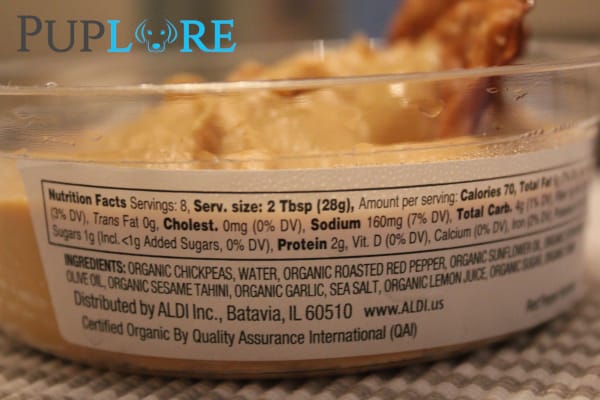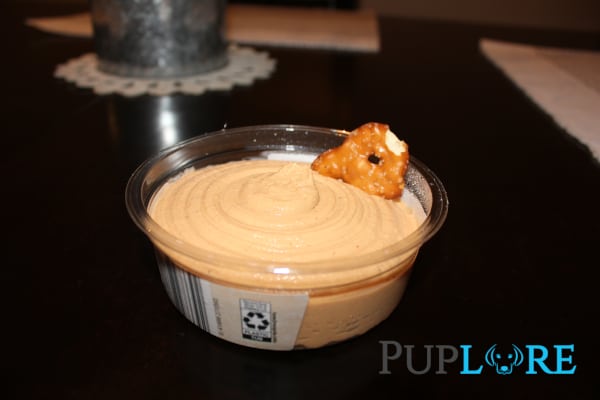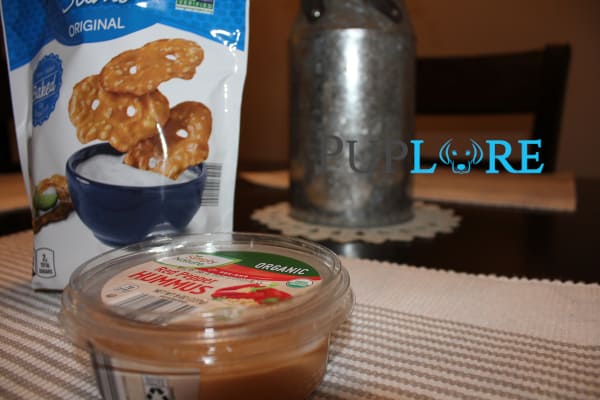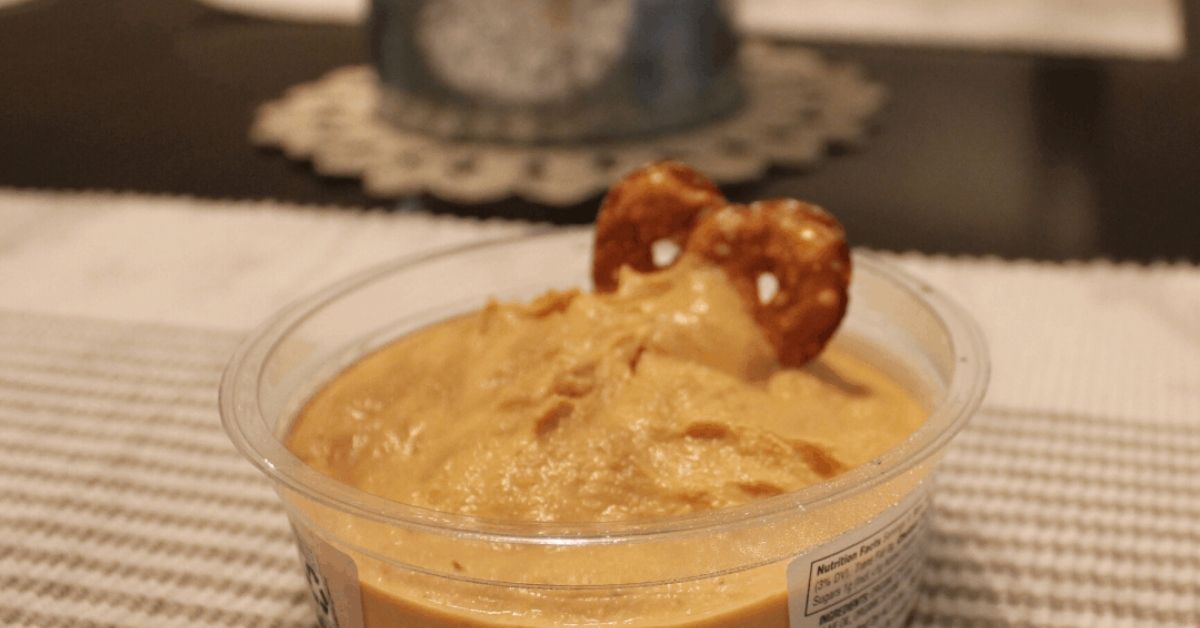This is a question I get often, so I’ll cut right to the chase.
Can Dogs Eat Hummus?
The best answer is no, don’t feed your dog hummus that you enjoy so much. But the answer could also be yes — follow along and I’ll explain.
Okay, this one is a bit more complicated than a straight yes or no.
Let’s look at the ingredients of a basic hummus recipe: chickpeas, tahini, olive oil, salt, lemon juice, and garlic.

There are no weird words and we can pronounce most of them, if not all.
It seems pretty straightforward and healthy — for humans, yes, that’s true.
Hummus is an easy-to-make treat that can provide lots of protein and healthy fats to your diet. But is the same thing true for your furry friend?
Don’t Miss: Can Dogs Have Tomato Sauce
Can Dogs Eat Chickpeas?
Yes, dogs can eat chickpeas. Also known as garbanzo beans, chickpeas are a legume packed with lots of great protein.
You’ll find that chickpeas are in many dog food recipes to add protein and other nutrients your pup needs to be healthy and happy.

Other Hummus Ingredients
Tahini
Here’s another ingredient in hummus that is good for dogs.
Tahini is a paste made from sesame seeds you can feed your dog for an excellent source of vitamins.
Olive Oil
Yes, olive oil can be an excellent superfood for your pup!
Olive oil will provide monounsaturated fats that aid in heart health and helps create a healthier immune system.
Some studies have found that olive oil contributes to brain and joint health. This is important for senior dogs and any pups that suffer from hip dysplasia, arthritis and osteoarthritis.
Olive oil also helps their fur maintain a natural shine and keeps skin from drying.
BUT… olive oil in excess is not good for dogs.
Too much can cause diarrhea, vomiting and weight gain.

Salt
Now we’re approaching the iffy territory of the ingredients in hummus.
Salt is an essential ingredient in the health of our fur babies as it helps to maintain healthy cellular functions and aids in digestion.
We need to be careful about the number of salty foods we are providing our pets.
Too much salt intake will cause dehydration leading to diarrhea and vomiting.
If your dog eats a little salt, he’s okay, but we want to limit the exposure to salt to keep our pets healthy and happy.
Lemon Juice
You should avoid products with lemon juice for your dog.
You may want to refer to our article on “Can Dogs Eat Limes?” for the full explanation about citrus and our canine friends.
A small amount will not cause problems, especially for bigger dogs, but citric acid, in general, is not ideal. It can cause your pup to experience stomach discomfort by disrupting the ability to produce gastric acids.
Garlic
Here is the biggest culprit of all the hummus ingredients.
Garlic, as well as all other kinds of onions, is poisonous and toxic to dogs.
While a little may not harm your pup, it is hard to determine how much is too much.
Garlic contains thiosulfate which will damage your dog’s red blood cells.
No good!
What About Hummus WITHOUT Garlic and Lemon Juice?
If you still want to share hummus with your furry friend, then look for varieties without garlic and lemon juice. Or better yet, make plain hummus.
Of course, these are two ingredients that contribute to the tasty flavor of hummus, but it’s more important to make it dog-friendly.
The treat will still contain vitamins and nutrients that your pup will enjoy.
Wrapping It pUp
The bottom line is that we need to avoid garlic and any ingredient in the garlic family and acidic foods like lemon juice.
If you can get around those, then enjoy hummus with your furry friend every day.







